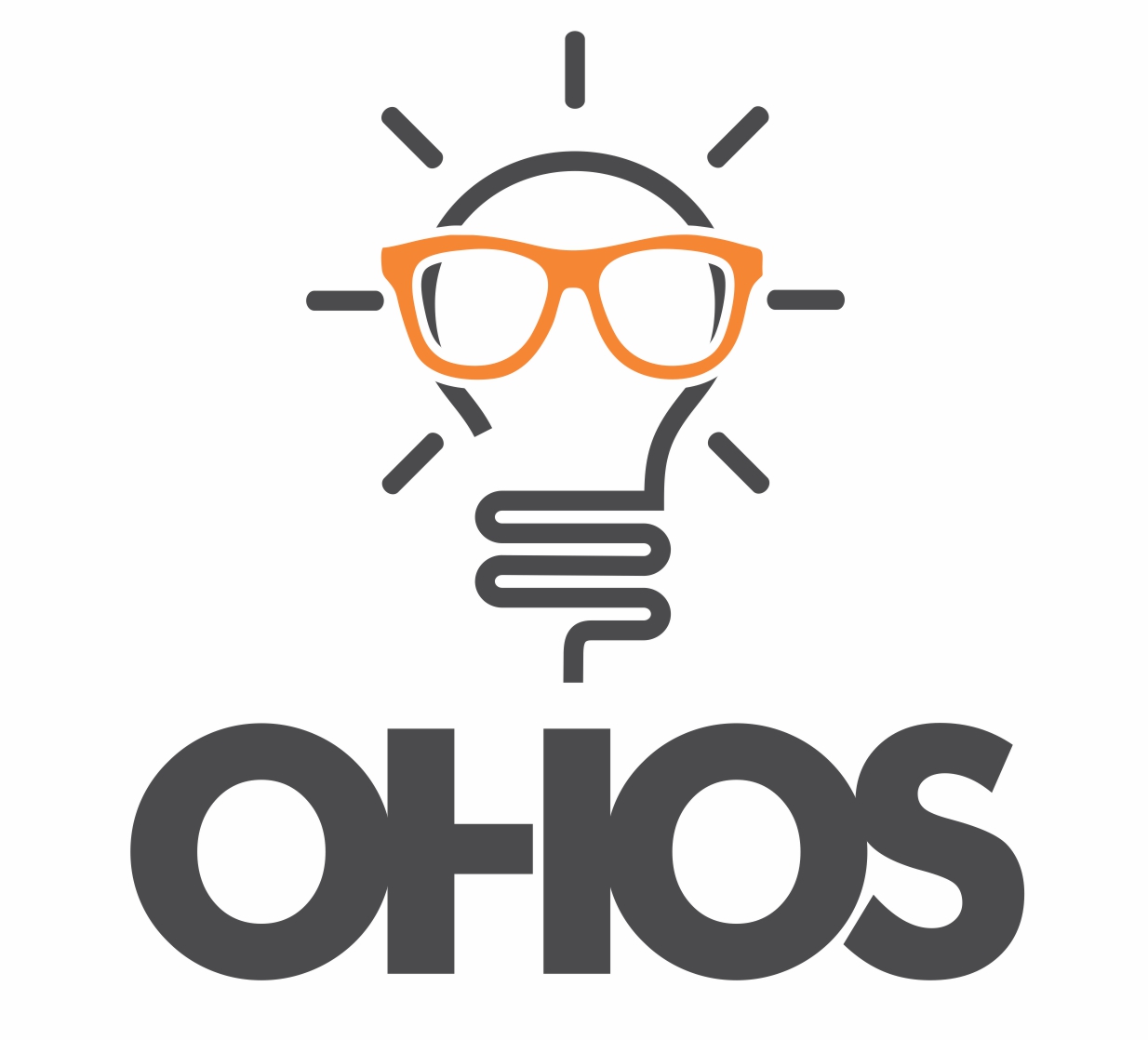"Check Your Mirrors"
It’s been a long time since I learned to drive. I was 14. The first few times might have been short stints on a country road, but my first long drive won’t be forgotten by me or my father. Not that anything negative happened but there were some funny moments. Like, taking my foot off the pedal to adjust the radio. In the constant onslaught of new information to process in real-time, my attention, it seemed, had a limit to what it could concentrate on. I focused so hard on staying in my lane. And I’ll always remember the phrase, “check your mirrors.”
Work can be a lot like driving. In fact, you often hear the terms “roadmap”, “driving for results”, “long road”, “guardrails”, “stay in your lane”, and other similar metaphors. Every day we have so many pieces of information coming at us and moving forward some times is easy, sometimes fast, and other times it is a slow trudge, obstacle over obstacle. But forward we go. We plan for destinations, we cross paths, we intersect, and we sometimes collide. We heed “go”, “no go”. We pause. We accelerate. We change direction. We see who is on the bus. Who is driving the bus. Where the bus is going, and whether we have people in the right seats on the bus. For any company you work for, for every position you have…it’s a road trip. Sometimes you are the driver, sometimes you are the passenger, sometimes the destination is clear, sometimes there is a map, sometimes you make it in record time, and many times, there is construction, inclement conditions, and occasionally, though you try to avoid it, a crash. (I could go forever with this metaphor) Safe to say, working is driving.
But what about “Check your mirrors”? Where does that show up?
I think we forget about that one…but really only because we forgot to install them in the first place. Most companies don’t have individual rear-view mirrors. Instead, we have driving commentators. People who tell us how we are driving…but usually, it’s after long stretches of road have passed. Which is not how we drive. You don’t get to end of the road and THEN look around…you are constantly scanning…with quick glimpses of your rear-view and SIDE mirrors (don’t forget those!) And they should be owned by the driver, not someone in another car.
“Adjust your mirrors”
When you get into a new car for the first time, you adjust the seat, the steering wheel, and you adjust your mirrors. Adjusting your mirrors helps you get feedback from the angles you can’t see well when driving forward. They help you see what is going on around you, where are you driving in relation to the other drivers. Are you blindly causing accidents in your wake, or drifting in front of people, about to hit someone? When you get to a new job, adjust your mirrors. Find them, create them if you have to. Figure out how to look around, and make sure you are getting feedback from all angles, specifically the ones you can’t see well (aka. your “blind spots”.) Adjust your mirrors.
“Check your mirrors”
As I was intently focused on my first experience of being on the open road (in a 1988s full-size Chevy Blazer towing a trailer mind you) my hands were white knuckled, I had to strain to see over the dash sometimes, and well, there was the radio. My focus, intent on the windshield, the speedometer, the windshield, speedometer, the lanes, the semi trucks. “Don’t forget to check your mirrors” the voice to my right says. “Look around, make sure you know what is around you.”
We forget to do this at work. Instead, we’ve created a process where someone tells us how we have been driving for the past 100 miles. I’m not saying long journey reflections aren’t a good thing. I’m saying they are not the ONLY thing. They can show you where you have been, how you might have taken a harder path than necessary, or what opportunities you might have missed along the way. But it doesn’t help us to drive right now. In our daily attempt to drive on a congested road as effectively as we can, “journey review” isn’t all that helpful.
What you need is the ability to “check your mirrors.” To glance, not stare for an hour, at what is around you. Are people following? Are there hazards? Are you drifting? Are you aware of your “blind spots?” Get feedback from all around you all the time, not just from another driver once a year.
Sure, do a journey review occasionally, but get glimpses of feedback in real-time to help you. While you are driving, look forward, plan your route, adjust the radio, keep your speed in the right zone, mind the traffic signals, avoid the obstacles ahead of you…and don’t forget to check your mirrors.
